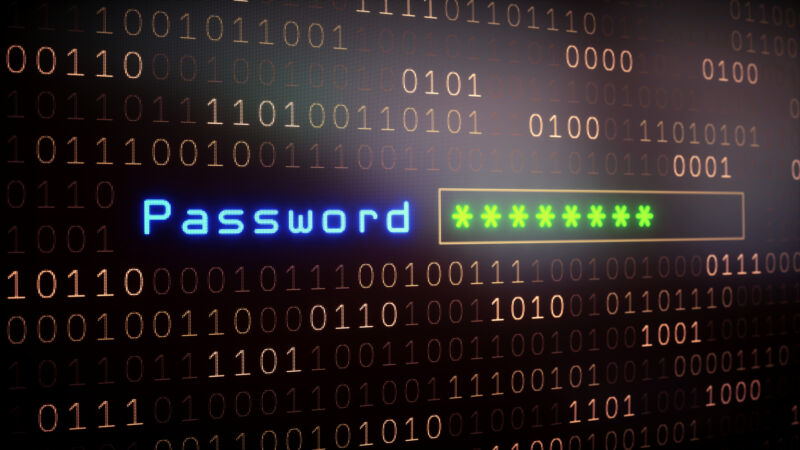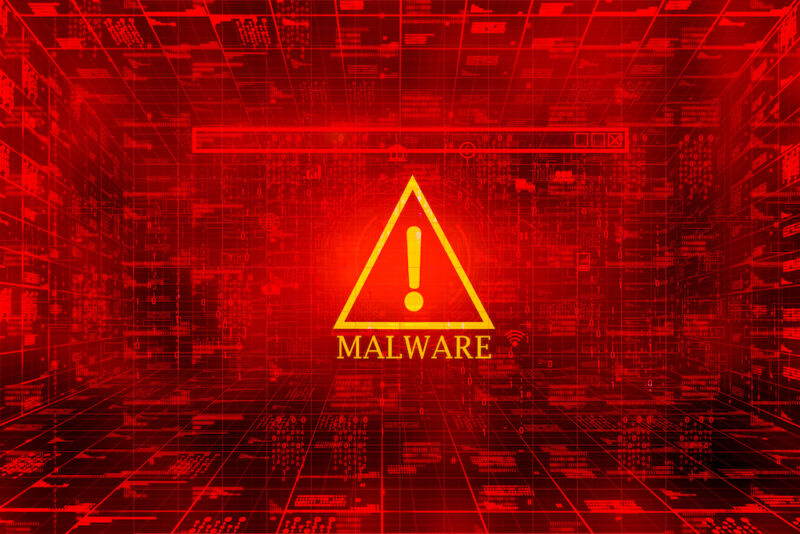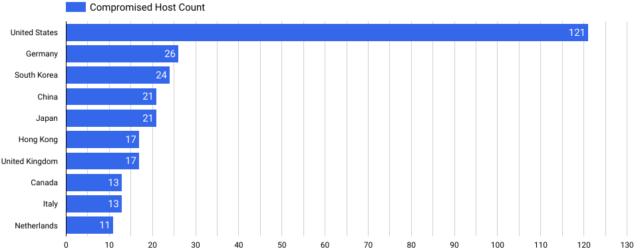 VPNs are valuable tools for people who want to access the Internet securely and with decent privacy.
VPNs are valuable tools for people who want to access the Internet securely and with decent privacy.
These services are vital for whistleblowers, activists, and citizens rebelling against Government oppression.
The latter has become clear once again in recent months, with Iran pulling out all the stops to block VPN services that dare to offer protesters a window to the rest of the world.
In response, some of the more serious VPN providers have taken countermeasures by offering special servers to Iranians to bypass restrictions and using channels such as Telegram to reach out to them. This is having a positive effect but Iran
isn’t sitting idle
and its blocking efforts are continuous.
The situation in Iran demonstrates the crucial role VPNs play in the fight against censorship. However, Iran is not the only country suppressing access to these services; China and Russia are well known for their own restrictive policies.
ACT Against VPN Restrictions
These types of restrictions are problematic according to ‘
ACT | The App Association
‘, a trade organization that represents thousands of startups and small businesses in the software industry. The organization recently shared its concerns with the U.S. Trade Representative.
The U.S. Government completes an annual review of various trade barriers around the globe and ACT believes that overly restrictive policies deserve to be called out. This includes Russia’s VPN law.
Russia began cracking down on VPNs in 2017 to help deter copyright infringement. The Government outright banned services that allow users to access blocked pirate sites. Only companies that agree to block content are allowed to continue operating.
“This is an obvious trade barrier and real threat to the free market,” ACT writes in its letter to the USTR.
“The Russian government cites this regulation as an effort to keep people from accessing dangerous and illegal content. This regulation says that any internet providers that allow these to exist, or function without being blocked, will lose their market access.”
China Too
These types of issues are not limited to Russia. ACT makes no mention of the recent VPN crackdown in Iran but China’s VPN restrictions are called out.
Unlike in Russia, China’s anti-VPN stance has little to do with copyright infringement. The country’s policy is mostly in place to ensure citizens are unable to access websites that are
banned by the state
.
ACT believes that the VPN restrictions are a clear trade barrier that affects companies around the globe. It is opposed to China’s widespread blocking of websites, which includes the New York Times, Reddit and Wikipedia.
“China regulates and restricts the use of VPNs, leaving consumers in China out of the digital marketplace, while creating massive barriers to entry,” ACT notes. “China’s ‘extensive blocking of legitimate websites’ also threatens to impose significant costs on providers and users of services and products.”
U.S. Response
These concerns are not new. In an earlier trade barrier report, the U.S. Government previously called out China’s restrictive policies. They include a decision to ban VPNs, which also puts the privacy of foreigners at risk.
“This [VPN ban] has had a particularly dire effect on foreign businesses, which routinely use VPN services to connect to locations and services outside of China, and which depend on VPN technology to ensure confidentiality of communications,” the USTR
wrote
.
ACT hopes that the USTR will continue to press this issue. Whether that will make China reconsider its policies is an entirely different question. The same is true for Russia, which is unlikely to be receptive to U.S. critique at the moment.
What’s clear, however, is that the U.S. Government is already quite aware that VPN services can have considerable value.
A few weeks ago, the Department of the Treasury increased its support for internet freedom in Iran. Among other things, it carved out exceptions to the Iran sanctions, allowing U.S. VPN providers to continue operating in the country.
“These tools protect the ability of Iranians to engage in free expression and bravely resist regime oppression,” the Treasury
wrote
.
—
A copy of ACT’s trade barrier submission for the US Trade Representative’s 2023 NTE report is
available here (pdf)
From:
TF
, for the latest news on copyright battles, piracy and more.
 chevron_right
chevron_right






 VPNs are valuable tools for people who want to access the Internet securely and with decent privacy.
VPNs are valuable tools for people who want to access the Internet securely and with decent privacy.